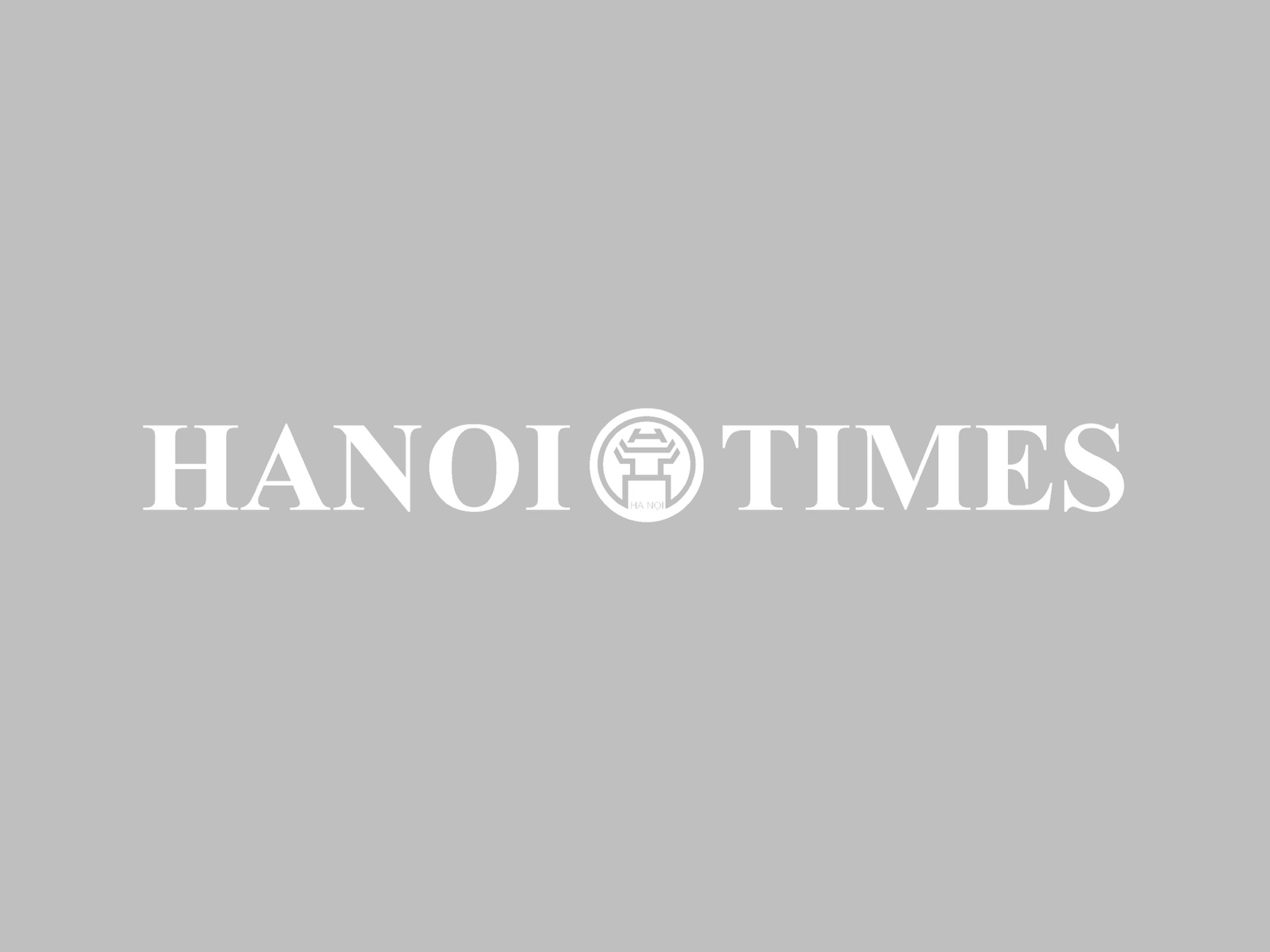State firms make up 5% of total corporate loans in Vietnam
A major proportion of bank loans are provided for the business community, particularly the private sector and individuals.
State-owned enterprises make up only 5% of over VND4,000 trillion (US$172.74 billion) worth of total outstanding loans banks have provided for enterprises in Vietnam to date, while the private sector accounts for 43% and the combined rate of business households and individuals is 45.7%, according to Governor of the State Bank of Vietnam (SBV) Le Minh Hung.
| Governor of the SBV Le Minh Hung speaks at a meeting on December 23. Source: SBV. |
A major proportion of bank loans are provided for the business community, particularly the private sector and individuals, said Hung at a meeting between Prime Minister Nguyen Xuan Phuc and enterprises on December 23.
Hung revealed the total outstanding loans in the banking system are estimated at over VND8 trillion (US$345.48 billion).
According to Hung, the SBV, the country’s central bank, has requested commercial banks to expand credit to meet capital needs of enterprises for businesses, particularly in five priority fields under the instruction of the government, while simplifying lending procedures to broaden enterprises’ access to credit.
Hung note that the banking system is the main provider of mid- and long-term capital for the economy while their mobilized fund are mainly short-term. Banks are also guaranteeing nearly 50% of total outstanding loans in mid- and long-terms, Hung added.
In 2019, Hung said the banking sector has played a key role in stabilizing the exchange rate policy and macro-economic conditions, creating a solid platform for enterprises to operate. Vietnam's core inflation rate fluctuated in range off 1.4 – 2%, Hung noted.
Thanks to effort to deal with bad debts and reduce financial expenses, the banking sector has been able to reduce lending interest rates in the final quarters of the year.
As of present, the ceiling interest rate for the five priority fields is 6% per annum, Hung added.
Hung also informed Vietnam’s foreign exchange reserves hit a record high, increasing over 2.5-fold against the end of 2015, providing a cushion for the economy against external shocks.
For the first time after nine years, S&P Global Ratings in April upgraded Vietnam’s sovereign rating to “BB” from “BB-” in 2019 with stable outlook, indicating positive changes of Vietnam’s macro economy are clearly recognized by international credit rating agencies.
The World Bank also raised Vietnam’s credit access index by seven places compared to 2018, ranking 25th out of 190 countries and territories, and at second in Southeast Asia.

.jpeg)










